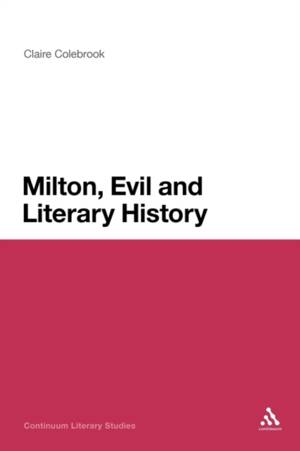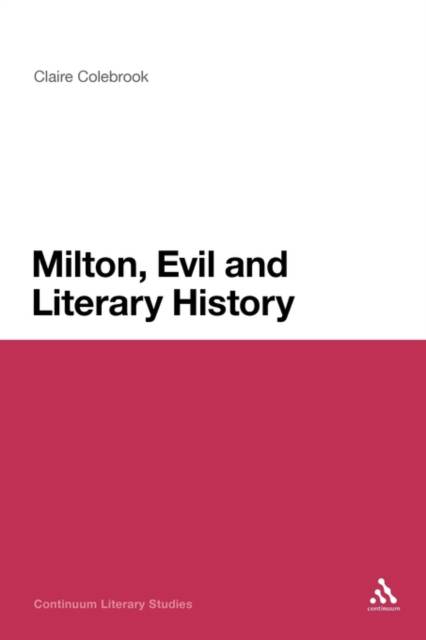
Je cadeautjes zeker op tijd in huis hebben voor de feestdagen? Kom langs in onze winkels en vind het perfecte geschenk!
- Afhalen na 1 uur in een winkel met voorraad
- Gratis thuislevering in België vanaf € 30
- Ruim aanbod met 7 miljoen producten
Je cadeautjes zeker op tijd in huis hebben voor de feestdagen? Kom langs in onze winkels en vind het perfecte geschenk!
- Afhalen na 1 uur in een winkel met voorraad
- Gratis thuislevering in België vanaf € 30
- Ruim aanbod met 7 miljoen producten
Zoeken
€ 88,45
+ 176 punten
Uitvoering
Omschrijving
Using the work of John Milton and his conflict between good and evil, Claire Colebrook shows exactly how we read literary history according to quite specific images of growth, development, progression, flourishing and succession. Colebrook illustrates not only how goodness is aligned with images of a life of expansion, creation, production and fruition, while evil is associated with the inert, non-relational, static and stagnant, but how these associations have also underpinned a distinction between good and evil notions of capitalism. Informed by an expansive corpus of philosophical texts, including Kant, Aristotle, Deleuze and Derrida, Colebrook's study presents a new, surprising, theory of literary history and makes a significant contribution to Milton studies.
Specificaties
Betrokkenen
- Auteur(s):
- Uitgeverij:
Inhoud
- Aantal bladzijden:
- 168
- Taal:
- Engels
- Reeks:
Eigenschappen
- Productcode (EAN):
- 9781441193735
- Verschijningsdatum:
- 20/10/2010
- Uitvoering:
- Paperback
- Formaat:
- Trade paperback (VS)
- Afmetingen:
- 156 mm x 234 mm
- Gewicht:
- 244 g

Alleen bij Standaard Boekhandel
+ 176 punten op je klantenkaart van Standaard Boekhandel
Beoordelingen
We publiceren alleen reviews die voldoen aan de voorwaarden voor reviews. Bekijk onze voorwaarden voor reviews.









